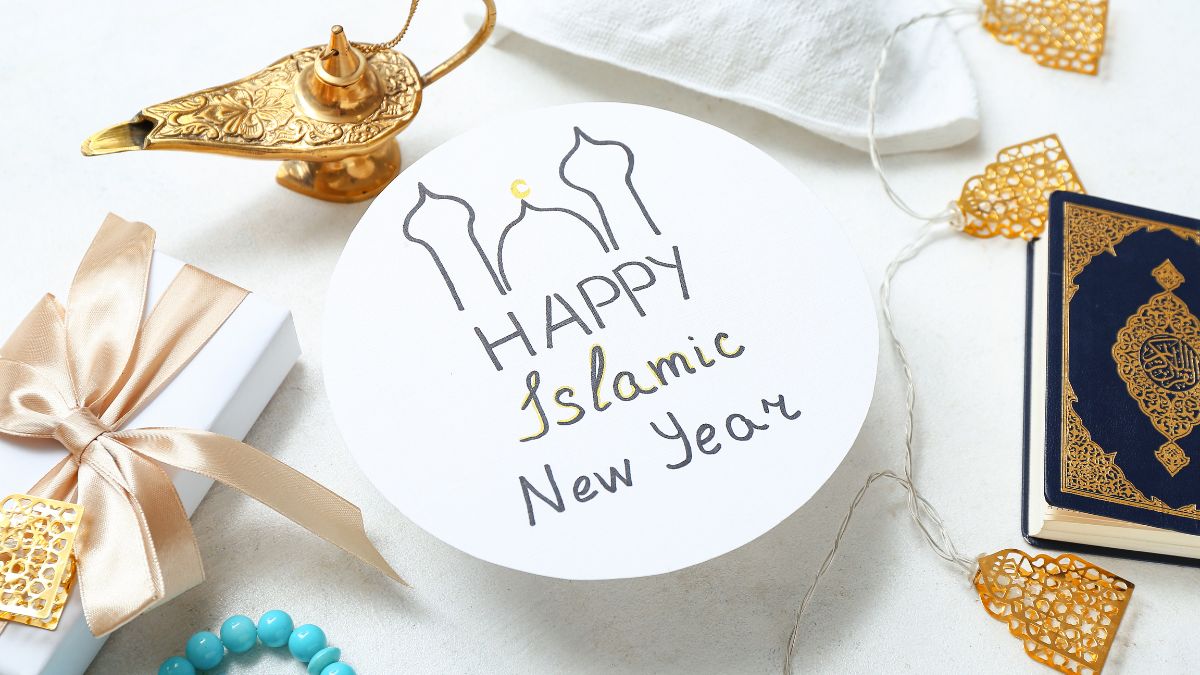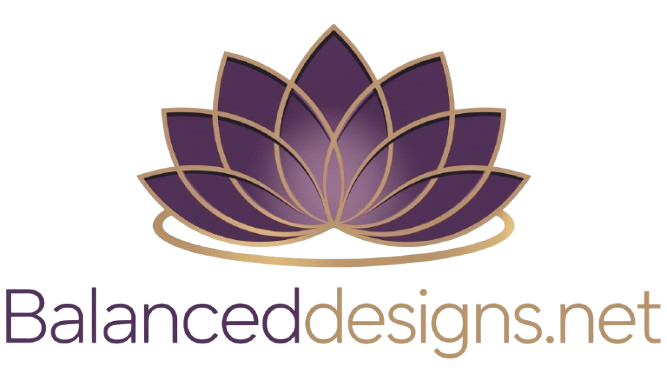Islamic New Year 2025: Also known as Hijri New Year or Ra’s as-Sanah al-Hijrīyah, the Islamic New Year marks the beginning of the Islamic lunar calendar, starting with the first day of the month of Muharram. Muharram is the first and one of the most revered months of the Hijri calendar. The event resonates with the moment of reflection, renewal, and spiritual awakening. The Islamic New Year officially began on Wednesday, June 25, following the sighting of the Muharram crescent moon in Saudi Arabia after Magrib prayers. The event commemorates the Hijrah, the migration of Prophet Muhammad and his followers from Mecca to Medina in 622 CE, a transformative journey that led to the foundation of Islam and the establishment of the first Muslim community, the Ummah. The Islamic world gears up to mark the arrival of Muharram, with the beginning of the Islamic New Year 1447 AH. This sacred time invites Muslims around the world to pause and revisit the life and legacy of the Prophet Muhammad. To mark the Islamic New Year 2025, learn about the Prophet Muhammad’s teachings about personal growth.
The Muharram is one of the four sacred months in Islam and is thus recalled as the chronological and spiritual awakening of Islam. It promotes strong values based on a fresh start, harmony, unity, sacrifice and the pursuit of justice and morality. Muslims across the world observe the occasion by reciting the holy book of the Quran and offering prayers, fasting and seeking forgiveness. Unlike the other major Islamic holidays like Eid al-Fitr or Eid al-Adha, the Muharram is the time to reflect on the journey of Prophet Muhammad, which is filled with resilience, compassion and unwavering faith. This is the perfect time for Muslims to learn the Prophet’s life lessons for their personal growth.
Timeless Life Lessons From Prophet Muhammad For Self-Improvement
Honesty
Muslims often refer to Prophet Muhammad as ‘Al-Ameen,’ which means trustworthy. He had earned this title even before his prophethood. His honesty and integrity were so profound that it did not align with anybody else and he never compromised on these two. His honest qualities were not only found in his personal life, but he was also the same in his professional dealings. Moreover, the hadith references also mention how Allah rewards every Muslim for their good deeds. These two qualities helped gain people’s trust and build his credibility.
The Prophet said, “Truthfulness leads to righteousness, and righteousness leads to Paradise. And a man keeps on telling the truth until he becomes a truthful person. Falsehood leads to Al-Fajur (i.e., wickedness, evil-doing), and Al-Fajur (wickedness) leads to the (Hell) Fire, and a man may keep on telling lies till he is written before Allah, a liar.”
Patience In Difficulty
The Prophet Muhammad was incredibly patient during his entire lifetime, which helped him to endure hardships without affecting his faith in Allah. He was persecuted in Mecca, lost his loved ones and faced other tough challenges to spread Islam, yet he remained patient and steadfast. This helps teach other Muslims how to trust Allah’s plan and be resilient during difficult times.
Forgiveness
Forgiveness was a trait that was most commonly preached by the Holy Prophet. When He had conquered Mecca, the Holy Prophet forgave all of his enemies or those who had opposed him. This simple act turned all of his enemies into His followers. Jarir reported, “Allah Almighty will not show mercy to the person who does not show mercy to other people.”
ALSO READ: Muharram 2025 Start And End Date: History, Significance, Rituals And Observances
Empathy
The Prophet Muhammad is a perfect idol of compassion and empathy. He showed kindness not only to his companions but towards children, animals and even his enemies.
Self-Discipline
Every action of the Prophet Muhammad was a reflection of self-discipline. This was easily observed every time he offered his prayers, worshipped or led his personal life. This special quality of the Prophet encourages Muslims to build routines and stay committed to their goals.
Humility
The Prophet Muhammad (PBUH) is the last messenger of Allah. He was the leader of thousands of Muslims, yet he was humble and down-to-earth. He had a habit of performing his house chores, fixing his clothes and sitting among his companions as equals. His leadership qualities help to teach the Muslims that empathy and service are the two traits that help any leader gain respect in society.

Islamic New Year 2025 (Image Credits: Canva)
Seeking Knowledge
Prophet Muhammad (PBUH) constantly placed high importance on seeking knowledge. One of the reasons for this is that knowledge helps people to enrich their minds and broaden their horizons. If a person focuses his mind on seeking knowledge, he will always find success in his future endeavours.
Justice
The Prophet Muhammad was an advocate for equality and justice. He treated all people in the same manner regardless of their race, background or social status. The key quality of the prophet helped to instil values of respect and harmony in society.
ALSO READ: Muharram 2024: Quotes And Messages By Imam Hussain To Share On His Martyrdom Day
Gratitude
Gratitude was another trait the Prophet Muhammad had. Even though he constantly faced hardships when spreading Allah’s message, he never complained about it. Instead, he thanked Allah for His blessings. Practising gratitude helps to appreciate and build a positive outlook on life.
Community Building
The Prophet Muhammad placed great importance on building strong relations within the community. By forming strong connections and contributing towards the well-being of others, people can foster unity. Such practices also allow people to build communities to grow together.














